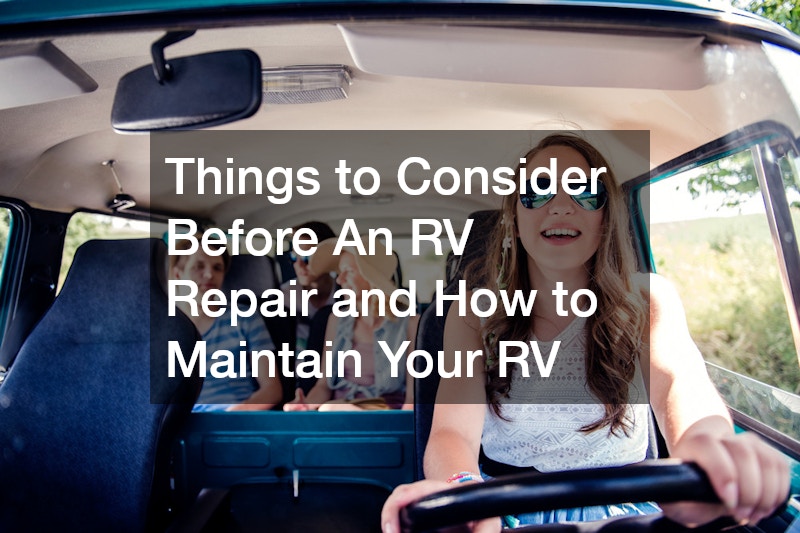
An RV can be a big investment. To protect your investment, it is essential that you get professional RV repair when your RV needs repair. All RV services & repair should be done by a certified professional to ensure the best results.
RVs are wonderful as long as they are properly maintained. Affordable RV repairs can help you to keep your RV in top condition. The right provider will offer transparent pricing as well as emergency RV repair. You can get the support that you need with the right RV mechanic.
RVs are a different class of vehicle than other vehicles. RVs have plumbing which can result in the need for an RV plumber should you run into problems. Having the right team on your side will ensure that your RV stays ready to roll.
Keeping up with maintenance and repairs is part of RV ownership. Investing in professional maintenance and repair is a good way to ensure that your RV holds its value and that you get to enjoy your RV for years to come. A good RV mechanic is worth their weight in gold. Get the regular maintenance and repairs you need from a trusted resource and hit the road worry-free.

Driving an RV is the best feeling ever. Whether you are going for a vacation or just taking a road trip to explore the world, an RV is a great and convenient way to move. To keep the convenience, you must keep your RV into shape and make sure that appliance repairs are up to date and functioning efficiently. RV servicing is however very different from servicing your car. Here is everything you need to consider before you have your RV repaired.
- An RV is bigger than your everyday car: One of the simplest issues you need to remember is your RV size. The recreational vehicle needs a large bay to work on the vehicle which can only be accomplished at certain facilities. If you have not bought the RV yet, you must do the necessary pre-purchase inspections before you commit any money. Also, inspect the parts you want to purchase and accretion that they are what you need.
- Your RV’s Engine is different: The engine of your RV sits under the cab as opposed to under the hood where all other engines are found on your everyday vehicles. You can access the engine by opening a compartment at the front of the RV. A lot of mechanics may not know where to access the parts that need repair which makes it essential to work with a specialized RV repair.
- New vs. used parts: RV appliance repairs can be costly and sometimes to save on cost, you may have to go with used parts. Be sure to do the necessary inspection to make sure that the parts are in good shape and will serve you for a long time. A new part may be a better option but having a used trailer part brings no harm to your vehicle if the part is in good shape.
- Watch the special features: RVs have special parts that other cars don’t have. A general mechanic may not know how to navigate these parts as opposed to a specialized RV mechanical trained to cater for these features. These special RV parts are what make the vehicle powerful for road trips, camping, and interstate vacationing.
How to take care of your RV
Maintaining your RV will reduce the number of trips you make to the mechanics and the number of appliance repairs you need. To keep your vehicle upbeat and moving, inspect the roof seals and seams of your RV every three months to make sure there are no open seams that can cause water leaks. Check your roof’s edges, your skylight, air conditioning unit, and your vents. Handle roof repairs as soon as you notice a problem.
Before every trip, tighten your RV’s wheel lug and nits and measure the pressure. If your RV has been sitting all winter, the pressure is likely to have dropped which makes it vital to check the pressure before you hit the road again. It is advised that you drive below 60 mph in an RV.
You should also check your RV’s battery and keep it fully charged at all times. There is nothing worse than having a dead battery during camp. Also, keep the wastewater system in healthy condition to prevent excessive buildup which may clog the system, seizing the valve, and leading to an operational failure. Your RV’s brakes should also be maintained by making sure they have enough material on them and that they are nice and lubricated throughout the summer.
How you maintain your RV and the steps you make before repairs determines how long your vehicle will last. Make sure that appliance repairs happen on time and that your vehicle is inspected as often as possible to keep things running smoothly and efficiently.
